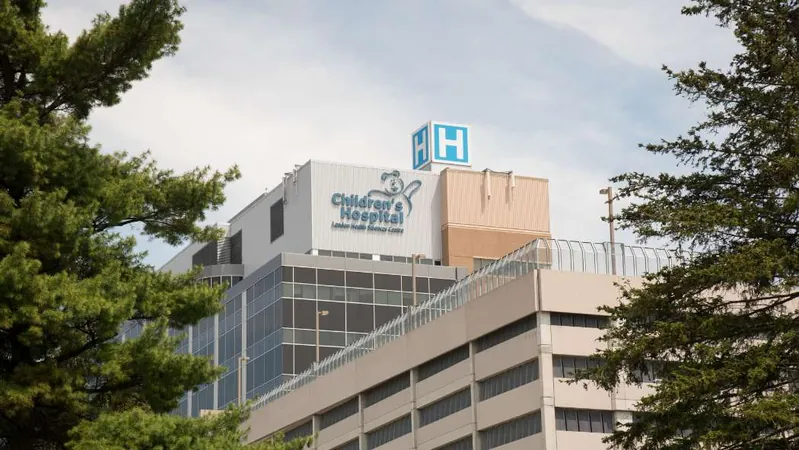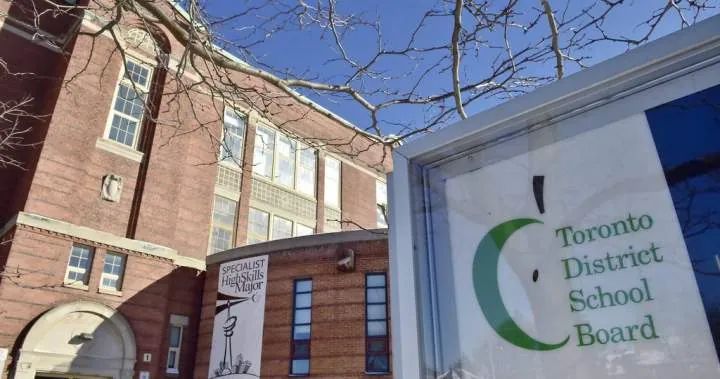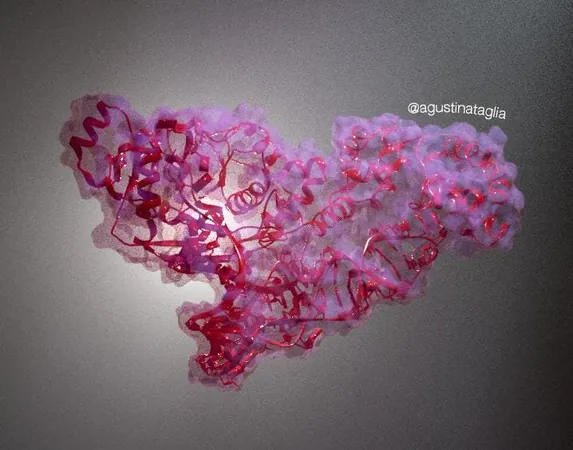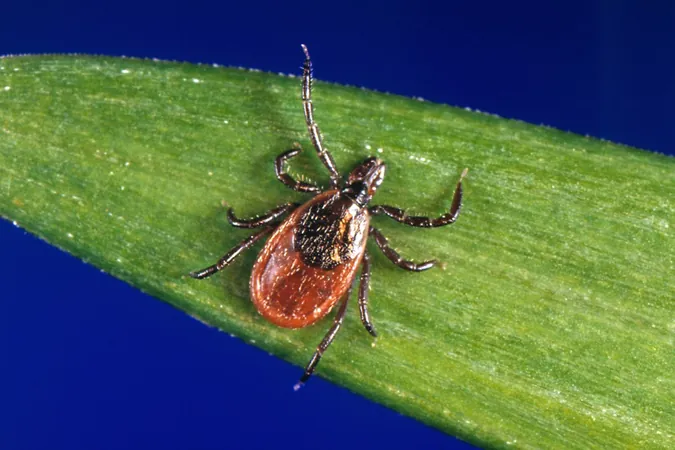
Shining a Light on Childhood Cancer: Why Funding and Awareness Matter
2025-09-19
Author: Michael
September is Childhood Cancer Awareness Month
As we recognize Childhood Cancer Awareness Month, it's crucial to spotlight the profound impacts of childhood cancer—not just on the young patients, but on their families and communities as a whole.
Dr. Alexandra Zorzi from Children's Hospital at London Health Sciences Centre underscores that many people remain unaware that children can develop cancer just like adults do. This lack of awareness can have far-reaching consequences.
Raising Awareness and Funding for Research
This month, the Children's Hospital aims to not only elevate awareness about childhood cancers but also to advocate for vital funding. "Raising awareness helps support affected individuals and families, but it also enables us to push for more research dollars which are essential for clinical trials, novel therapies, and supportive care for these young patients," Dr. Zorzi explained.
Increased funding is imperative for advancing research, particularly as significant milestones have been achieved in treating common cancers. For instance, in the 1960s, a diagnosis of Acute Lymphoblastic Leukemia (ALL) was largely palliative with grim outcomes. Today, survival rates have skyrocketed to nearly 97% for children diagnosed with this type of leukemia.
Ongoing Challenges and the Need for More Research
Yet, despite these advancements, many forms of childhood cancer remain under-researched. Dr. Zorzi highlighted the urgent need for more investigations, particularly in the areas of brain tumors and solid tumors, where success stories are still too few.
Local Impact: Caring for Young Cancer Patients
Each year, Children's Hospital diagnoses about 70 new cases of childhood cancer and is currently treating 150 young patients. As one of just five major pediatric oncology centers in the province, the hospital serves a broad geographic area, reaching communities as far as Sarnia, Windsor, and Chatham.
Dr. Zorzi emphasized the importance of ensuring that families know they can receive comprehensive cancer care close to home—from the initial diagnosis through to aftercare, providing a crucial support system during their challenging journey.









 Brasil (PT)
Brasil (PT)
 Canada (EN)
Canada (EN)
 Chile (ES)
Chile (ES)
 Česko (CS)
Česko (CS)
 대한민국 (KO)
대한민국 (KO)
 España (ES)
España (ES)
 France (FR)
France (FR)
 Hong Kong (EN)
Hong Kong (EN)
 Italia (IT)
Italia (IT)
 日本 (JA)
日本 (JA)
 Magyarország (HU)
Magyarország (HU)
 Norge (NO)
Norge (NO)
 Polska (PL)
Polska (PL)
 Schweiz (DE)
Schweiz (DE)
 Singapore (EN)
Singapore (EN)
 Sverige (SV)
Sverige (SV)
 Suomi (FI)
Suomi (FI)
 Türkiye (TR)
Türkiye (TR)
 الإمارات العربية المتحدة (AR)
الإمارات العربية المتحدة (AR)